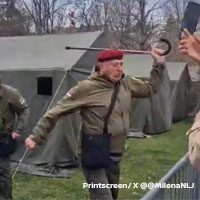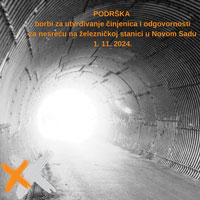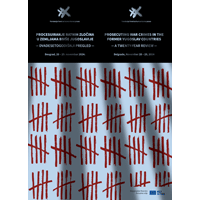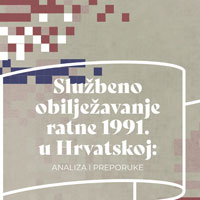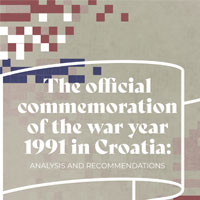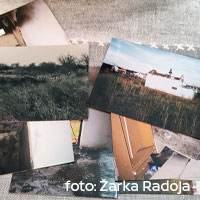Open Call for Mentorship Program on Transitional Justice Deadline to apply: 08 May 2025
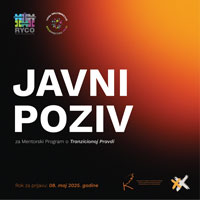
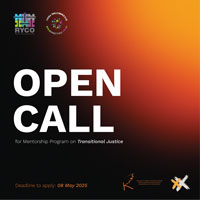 Are you a young person (18–25 years old) from Kosovo1 or Serbia passionate about dealing with the past and exploring Transitional Justice? The Humanitarian Law Center Kosovo (HLC Kosovo) and the Humanitarian Law Center Foundation (HLC) invite you to apply for a three-month mentorship program focused on research and writing.
Are you a young person (18–25 years old) from Kosovo1 or Serbia passionate about dealing with the past and exploring Transitional Justice? The Humanitarian Law Center Kosovo (HLC Kosovo) and the Humanitarian Law Center Foundation (HLC) invite you to apply for a three-month mentorship program focused on research and writing.
What is the program about?
This mentorship opportunity is designed to support youth from Kosovo and Serbia to deepen their understanding of Transitional Justice through guided research. Selected participants will work on short research papers (5–10 pages) on relevant topics and will receive personalized mentorship from staff members of HLC Kosovo and HLC.






